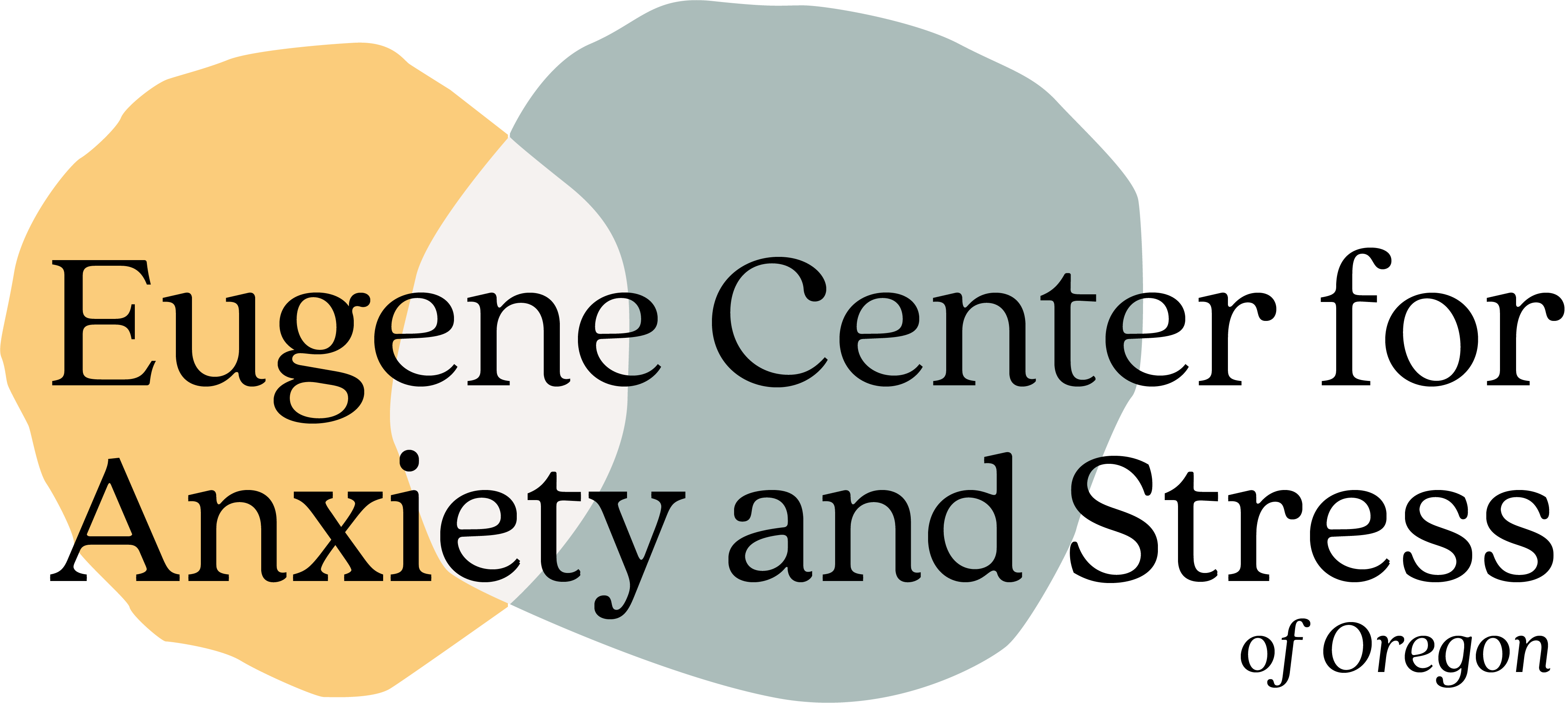Postdoctoral Residency
EXTEND YOUR EDUCATION & EXPERIENCE
Postdoctoral Residency Program
Eugene Center for Anxiety and Stress’ (ECAS) postdoctoral residency is designed for those seeking careers in clinical practice settings and is guided by the scientist-practitioner model.
Information about the 2025-2026 training year will be added soon
Program Details
The Postdoctoral Residency Program at ECAS is a 12-month, 2,000-hour residency that begins in September of each year. The aim of the residency program is to advance the competency of early-career psychologist residents working toward licensure in evidence-based treatment and assessment while integrating an anti-oppressive, trauma-informed, and multiculturally-oriented approach.
Residents divide their time between direct client care, administrative tasks, supervision, didactic trainings, and a professional development project. Professional psychological services may include provision of individual and/or group therapy and/or assessment services. All postdoctoral residents will integrate multicultural humility, trauma-informed, and anti-oppression into their work. Successful completion of the postdoctoral residency program will fulfill the supervised practice requirements for licensure as a psychologist in the state of Oregon.
Eugene Center for Anxiety and Stress is currently accepting applications for two postdoctoral training tracks. Within each track, postdocs have opportunities to gain additional training.
Evidence-Based Treatment of Anxiety, OCD, and PTSD (EBT Track).
Residents in this track will develop competency in evidence-based treatment of Anxiety, OCD, and PTSD, with an emphasis on exposure-based treatments (specifically, Acceptance and Commitment Therapy, Exposure and Response Prevention, and Mindfulness-Based approaches). Our program provides postdoctoral residents with intentional and high-quality training in the gold-standard treatments for our specialty areas while also integrating how societal and cultural factors shape and impact mental health.
Hybrid Track: In this track, postdocs gain experience in providing both therapy and psychological assessment services (see our assessment track posting for more information about the training provided in that program)
Gender Support Services (GSS) Track: In this track, postocs receive additional training and focus on providing services for gender diverse individuals, including writing letters of support for gender affirming surgery.
Spanish-Language/Latinx Culture (SLLC) Track: In this track, we are recruiting postdocs who can provide Spanish language services and have a focus on providing services to the Latinx community in Eugene under the supervision of a Spanish-Speaking Latina supervisor. Residents who can provide services in Spanish are eligible for an extra $7500 stipend.
Child Track. In this track, postdocs gain experience providing therapy services to kids and teens. It is possible for this child track to also be hybrid.
Psychological Assessment Services Track.
Residents in the Psychological Assessment Track are offered diverse clinical experiences in comprehensive psychological assessment, with our most common referral questions including psychological clarification, ADHD, Autism Spectrum Disorder, and Learning Disorders. The mission of our postdoctoral program is to train highly skilled, ethical psychologists who contribute to the field of psychology through clinical work and/or education.
Hybrid Track: In this track, postdocs gain experience in providing both psychological assessment and therapy services (see our therapy track posting for more information about the training provided in that program)
Gender Support Services (GSS) Track: In this track, postocs receive additional training and focus on providing services for gender diverse individuals, including writing letters of support for gender affirming surgery.
Child Track. In this track, postdocs gain experience providing therapy services to kids and teens. It is possible for this child track to also be hybrid.
Postdoctoral Resident Schedule
40 hours a week broken up into:
20 hours a week direct patient care
2 hours supervision (1 hour individual, 1 hour group)
Didactics
1 hour per week clinic meeting
– Multicultural Development
– Case Consultation
– All Clinic Meeting
– Training Seminar
4 hours a week professional development project
Administrative time for note writing
Optional activities
– practicum student supervision
– workshop or continuing education facilitation
– outreach opportunities
– development of group program
– development of a new IOP program
Compensation
$55,000 salary (+$7500 stipend to provide Spanish-Language services)
Health, dental, and vision insurance
Retirement plan with match
Access to EAP
Student loan repayment after 6 months
Two weeks PTO
To Apply: Information about how to apply for the 2025-2026 training year will be updated soon.
If you have any questions, please email our training director, Chaunce@eugeneanxiety.com
